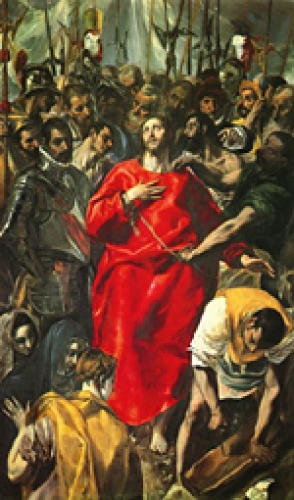The Poetry of Piety: An Annotated Anthology of Christian Poetry. By Ben Witherington III and Christopher M. Armitage. Baker Book House, 192 pages, $14.99.
English professor Christopher Mead Armitage has teamed with a former student to write The Poetry of Piety, a literary and theological analysis of poems on Christian themes by 28 poets.
Armitage taught his co-author Ben Witherington in the early 1970s at Carolina, when Witherington was an undergraduate. The two decided to work on a book together in 1993 after Armitage gave a series of lectures at a seminary where Witherington taught.
“I found that working on the poems from the perspectives of our different disciplines was stimulating and illuminating,” Armitage says. “I enjoyed the interdisciplinary experience and the opportunity to draw a tangible product from a long-standing friendship.”
Armitage selected the poems and wrote a short essay on the craft and literary significance of each. The poets range from Sir Walter Ralegh (the spelling he preferred) to John Updike. Armitage selected a broad range of writers — women and men, African Americans, Canadians, Australians — to balance well-known religious poets such as T.S. Eliot and Gerard Manley Hopkins.
Witherington, now a New Testament scholar at Asbury Theological Seminary in Kentucky, wrote about each poem’s theological significance and provided questions for reflection to accompany each.
Included is a poem by Canadian Earle Birney (1904-95) in which Birney imagines the thoughts of the carpenter depicted in the bottom right of El Greco’s painting El Espolio. The carpenter, who is busy piecing together a cross, is himself a carpenter’s son — as Witherington writes, “A carpenter is done in by a carpenter.” Birney’s down-to-earth carpenter ends the poem with “But it’s too late now for the other carpenter’s boy/to return to this peace before the nails are hammered.”
“In their very different ways, Jesus and El Greco’s carpenter are both craftsmen fulfilling their destinies,” Armitage says. “And Birney, in this and many other poems, was a very fine craftsman too.”


